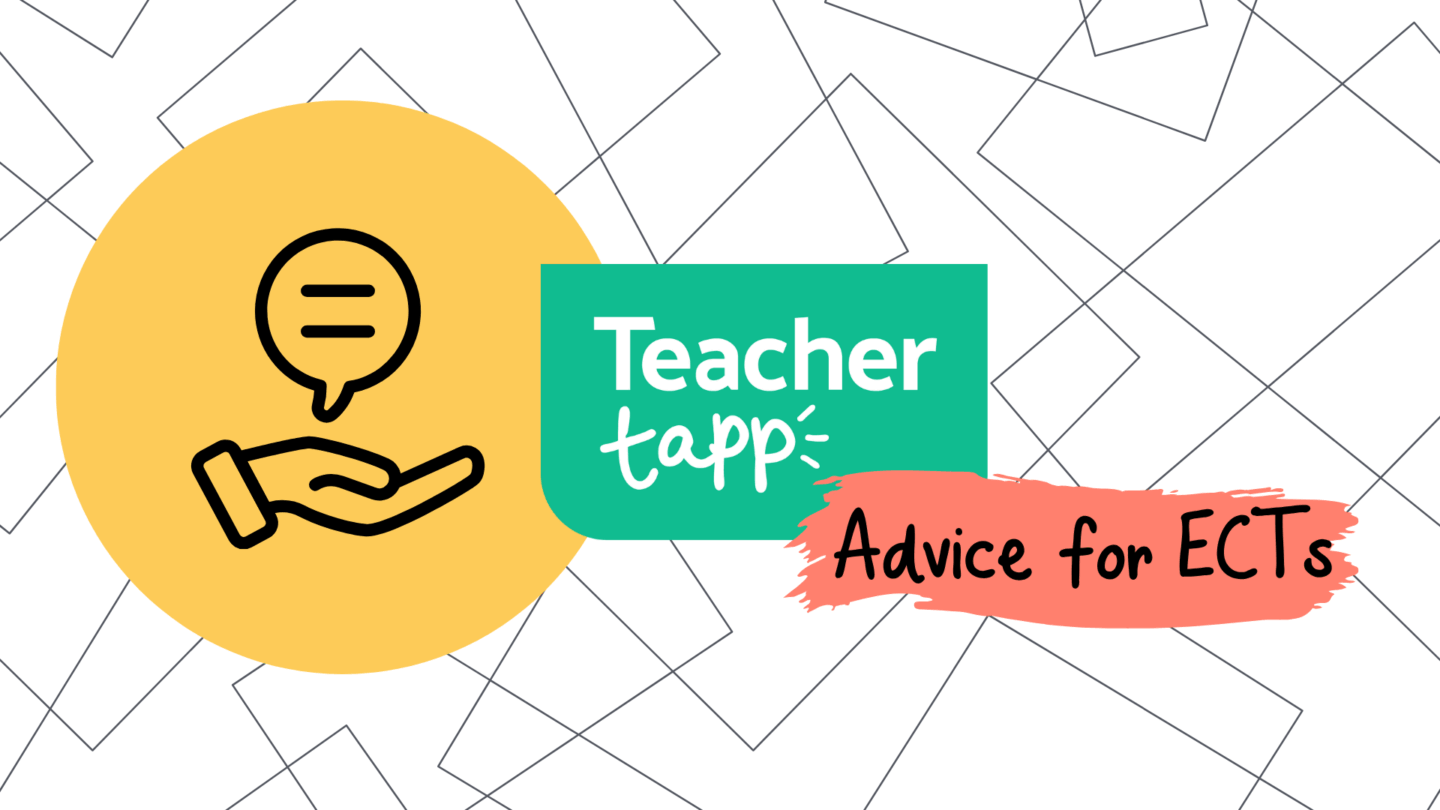Is it worth trying a new school?
In a world where we don’t have enough teachers, one thing we’re keen to figure out is how we can keep more of you! So what would happen if every time a world-weary teacher said they were going to leave, they were asked: “Why don’t you try a different school instead?”
To check if moving helps, we asked whether you’re more or less satifisied in your current role compared to your previous one.
Of those who had more than one job, just 14% were less satisfied now versus 56% who are more satisfied. So, it seems that moving roles works out well for most teachers.

But wait, how do we know they definitely moved schools to get this new role? We asked!
You told us whether you changed schools (and/or houses) to take your latest role. And we found…
The most successful moves are for those moving to a new post in a new school within an area they already live. These teachers often have an advantage of knowing whether it is a good school to work at through local word of mouth. (Note: there’s a slightly higher chance you won’t be happy if the commute is longer for the new job, but it’s a small chance).
Of those who moved jobs and moved house (so went to another area), only 52% were happier, which suggests it’s more of a toss up. Why could this be? Well, it’s possible a family house move required those teachers to leave a job they were actually very happy in, and they then had to take a new role somewhere, even if the school wasn’t a perfect fit for them.

Helping us learn what curriculum reform is needed
The Labour party is very keen on curriculum reform. They say they’re going to do a big review if they get elected. But what sort of curriculum reform is desired?
Last week we asked you to think of one class and whether the curriculum was too hard for them. Primary teachers stood out as being much more likely to say the curriculum was too difficult for their class.
Not surprisingly, there was a social dimension, with those teaching in poorer areas also the most likely to feel the curriculum is beyond the reach of many students.

In the pursuit of high expectations, we may say this is a good thing. Children should be spending time on difficult things! But it becomes a problem if the curriculum is so packed that teachers are unable to spend sufficient time ensuring students have mastered essential curriculum elements, such as reading fluently and developing mathematical understanding.
For the forthcoming General Election we want to dig more into what changes teachers would like to make to education policy. As part of this, we’ll be asking primary teachers whether they would like anything removed from the National Curriculum.
To help us write these questions, we asked an open-ended question: If you could remove one topic area from the KS2 National Curriculum in ANY subject, what would it be? We’ll be analysing the responses fully in coming weeks but, for now, here is a flavour of the kind of things that were mentioned:

It should also be noted that some teachers put whole subjects in (e.g. modern foreign languages and PSHE) too.
We will use these responses to give you a chance to vote on lists of topics that you’d like to see reviewed by an incoming government.
Don’t upset the parents
Over a quarter of you have said that in the past month you chosen to ignore a pupil’s behaviour rather than escalate it, because you know you’ll get kick back from the pupil’s parents. This is a huge figure and we wanted to explore more about who this affects the most.
Usually, we find that responses to behaviour questions are worse for teachers in high FSM schools but this question is an exception. It seems that there are difficult parents across both phases and all types of schools, including the private sector.
Overall, it is class teachers in primary schools who are most likely to say they have done this. Perhaps this isn’t surprising since they are the most accessible to parents who can often speak to them at the start or end of the day. By contrast, secondary Heads are the least likely to say they ignore behaviour to avoid parental conflict. Perhaps they rarely deal with the kinds of behaviour problems that are likely to be ignored?

Ups and Downs
On the rise
📈 Headteacher life satisfaction! Ever since the pandemic, headteacher wellbeing scores have been on the floor, but we saw an increase this year in their overall life satisfaction – with 62% agreeing they are mostly or competed satisfied compared with just 54% last time.
📈 Word-of-mouth jobs: In 2021, over a third of you (37%) heard about your most recent teaching role through a newspaper or jobs website, now that’s down to 28%. Word-of-mouth is catching on instead.
Heading down
Nothing! Pretty much everything was going in the right direction last week!
Daily Reads
The most read article from the last week has been: Three perspectives
And here are the rest for your reference:





